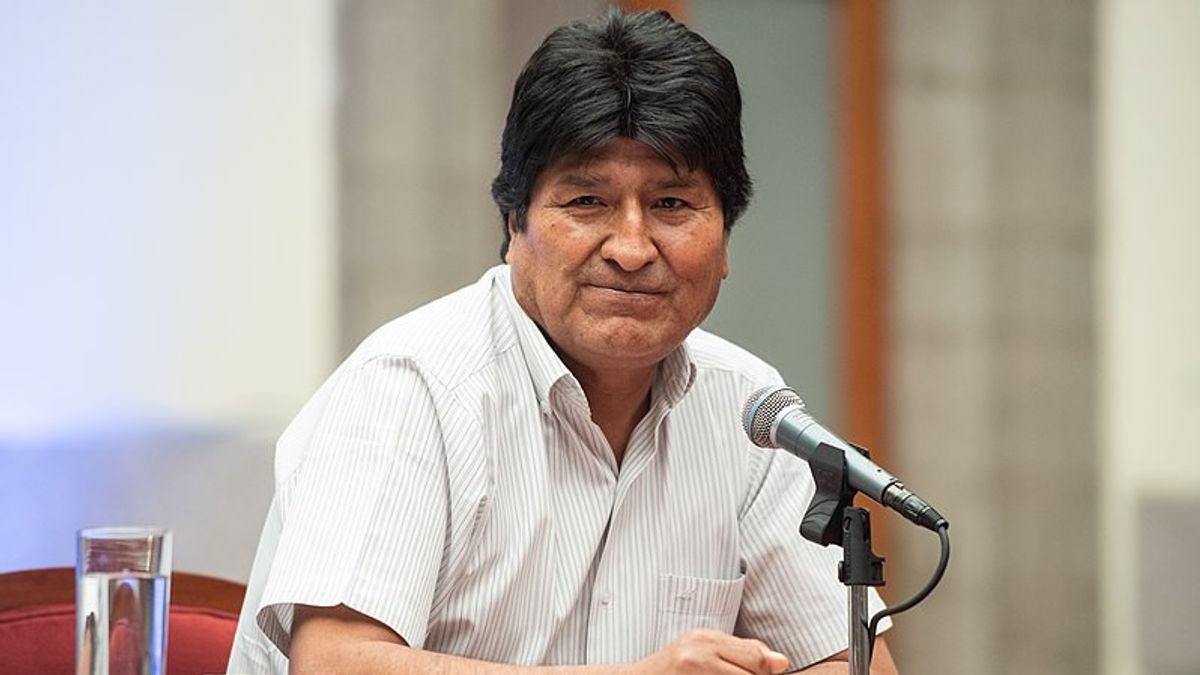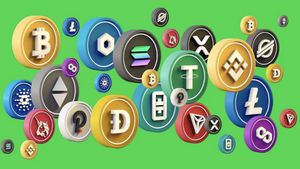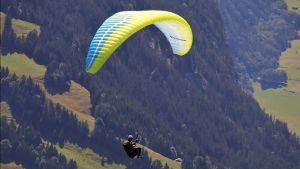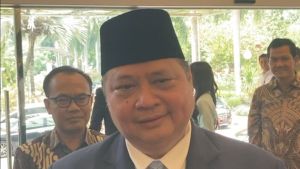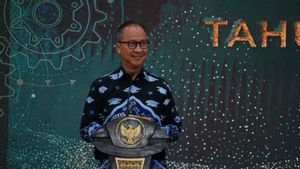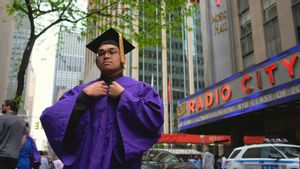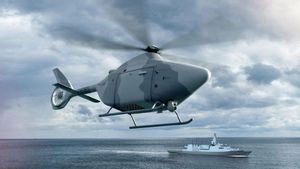JAKARTA - Juan Evo Morales Ayma or Evo Morales is the president of Bolivia who is the leader of the leftist labor party. He is an indigenous group who became president, from 2006 until now.
This eccentric-haired man was born in Isallavi Bolivia on October 26, 1959. Morales is a descendant of an Indian tribe who became a member of the Aymara indigenous group.
Morales grew up in a mining village. His childhood was filled with herding Ilama.
After completing secondary education and compulsory military service in Bolivia, he migrated with his family to the Chapare region in eastern Bolivia. There they farmed the coca plant (a plant used in cocaine production). Koka is a traditional plant in the region.
In the early 1980s, Morales became active in social activities. He is active in a regional coca farmer union group. In 1985 he was elected general secretary of the union.
Three years later he was elected executive secretary of the coca farmers' federation. In the mid-1990s, when the Bolivian government assisted by the United States government suppressed coca production, Morales helped found a leftist political party called Movimiento al Socialismo (MAS). With this party, he fought back. At the same time, this party also represented the coca farmer federation.
Through his party, Morales won a seat in the House of Deputies (Bolivia's lower legislative house) in 1997. Five years later, he became a presidential candidate from the MAS party, but lost narrowly to Gonzalo Sanchez de Lozada.
In his campaign, Morales consistently brought his defense narrative against coca farmers. During the presidential election against Lozada, Morales called for the expulsion of anti-drug agents from the United States.
Despite the defeat, Morales remained active in national affairs in the following years. He helped push for Lozada's resignation in 2003 and worked out a consensus for his future successor Carlos Mesa Gisbert. The goal is to change the campaign to eradicate illegal coca production.
In 2005, Morales ran for president again. This time he won a landslide victory with 54 percent of the vote. He became the preisden of the first Indian tribe in the country since 1982. Previously the president of Bolivia was of Spanish descent.
On this day, January 22, 14 years ago, he was sworn in as president. In his inauguration speech, he promised to reduce poverty, especially the Indian population in the country. The majority of the population there are below the poverty line.
He also lifted restrictions on coca growers, rejuvenated the country's energy sector, fought corruption and increased taxes for the rich.
The days of being president
One of Morales' breakthroughs was the idea to rewrite the Bolivian constitution. The aim is to improve the rights of indigenous groups, make policies on nationalization of assets and redistribution of land, and allow a president to become president for two terms. However, the referendum to pass his idea failed to win a majority in the Constitutional Assembly.
Even so, Morales continued a program to nationalize Bolivia's gas fields and oil industry.
He also signed a land reform law which calls for the expropriation of unproductive land belonging to residents and redistributing it to the poor in need.
The land redistribution policy then reaped turmoil from the rich provinces of Bolivia. In fact, four provinces pushed for a referendum in 2008 to enact a regional autonomy law. But Morales rejected the referendum because it was considered illegal.
The tension increased, and demonstrations broke out after that. Until the referendum for the third time in his reign was held. This time to determine whether Morales' leadership was ended or continued. The referendum which was held in August 2008 chose Morales to continue his rule.
Until now, Morales should have served as president of Bolivia for the third term. But his victory in the October 2019 presidential election was challenged by political rivals for alleged fraud. He then stated that he would resign from his position on November 10, 2019.
The English, Chinese, Japanese, Arabic, and French versions are automatically generated by the AI. So there may still be inaccuracies in translating, please always see Indonesian as our main language. (system supported by DigitalSiber.id)
